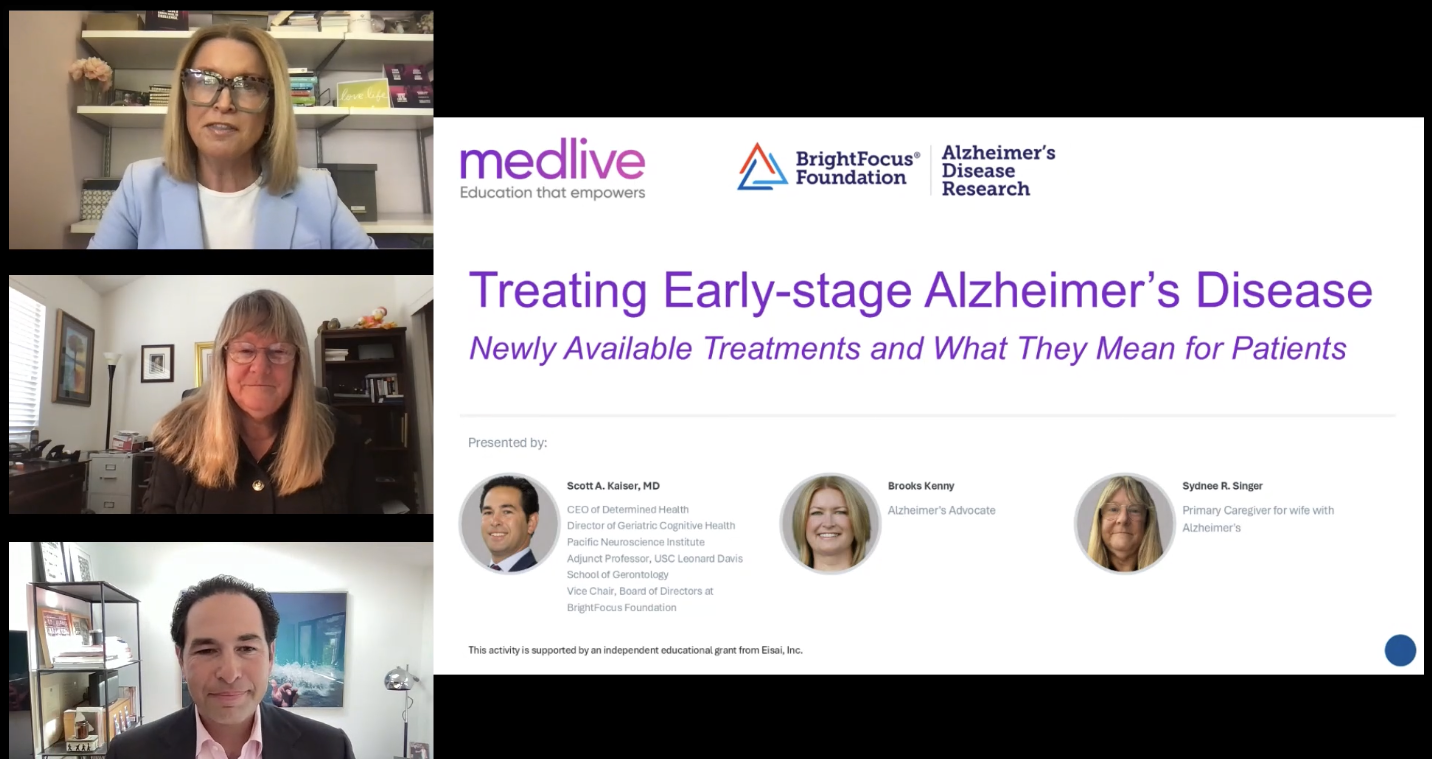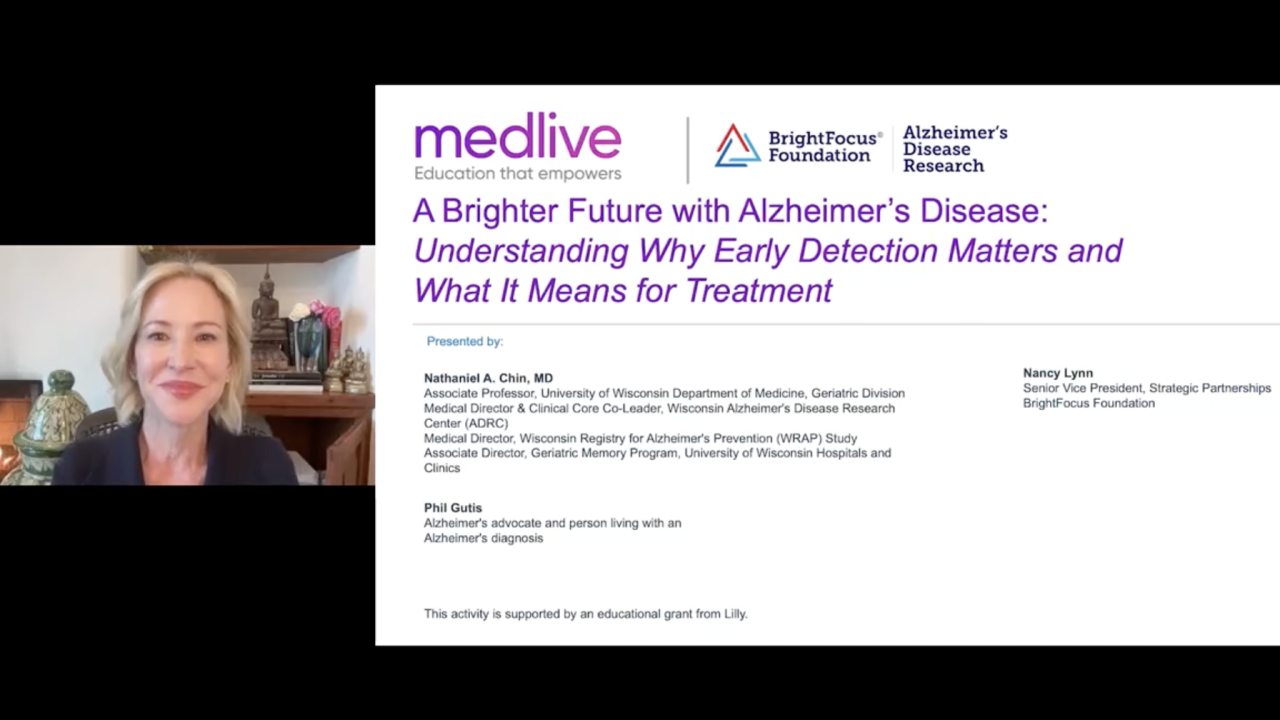
The tone that is set in the early days with caregiving aides can be instrumental in their relationship with the person who is living with Alzheimer’s disease.
Setting the Tone
David Troxel, the well-known author of the “Best Friends Approach to Alzheimer’s Care,” and an Alzheimer’s caregiver himself, tells a story of how he taught his mother’s caregiving aides how to prepare afternoon tea. His mother was a daily tea drinker, and she preferred it just a certain way. When she was new to living in a facility, Mr. Troxel realized he needed to teach her caregivers how to prepare her tea. None of the caregivers were personally accustomed to preparing tea, so he hosted a tea for them. He invited all the aides in her care facility to a tea party, prepared tea for them, and then showed them how it was done. When the party was over, he felt he had accomplished his goal of ensuring the aides in her facility knew how to prepare tea for his mother.
But he accomplished other things, as well.
In the process of inviting and hosting the caregivers to the tea, he also made them feel cared for. They felt special. He taught them the skill in such a way that “treated” them. They felt cared for by this new family member, the tea party was fun, and they were the guests. What was not to like?
Because the tea party was fun and unique, they will remember it. But, maybe daily tea is not a custom for your loved one. Perhaps it is a special food, activity or music. No matter the ritual or custom, be sure to educate your loved one’s caregivers about it. If possible, show them in a fun or special way, or in a way that allows them to relax and feel like a guest.
The extra time spent with the caregivers in the early stages was important to the success of the relationship between the caregiving aides and Mr. Troxel’s mother. Again, he set the tone and gave them plenty of information so that they could succeed as caregivers with his mother. He showed them who his mother was.
What about Mr. Troxel’s mother? He reported his mother always had good care while she was in the facility, and his relationship with the caregivers was always open and easy.
What If Something Goes Wrong?
Even in the best of circumstances, and with great caregivers, things can go wrong. Here again, the tone that is set in the early days with caregivers can be instrumental in problem solving. When a positive tone is set, such as that set by Mr. Troxel with his mother’s caregivers, it allows everyone involved in the care of a loved one to work together to determine how an unfortunate event occurred, as well as how it can be better avoided in the future. The positive tone, established upfront, will go a long way in navigating through a sticky situation, and will allow everyone to learn from their mistakes, and make necessary changes.
Caregiving for Someone with Alzheimer’s Can Last for Years
Because Alzheimer’s has a long progression, it is often true that caregiving aides “burn out.” As the family member of the one with Alzheimer’s, it is important to understand that this happens, and is not a reflection on the aide, or your loved one. It often happens, and it is important to address it, as it may be time for a change.
Accidents, as discussed above, are different from witnessing caregiver behavior that is physically or emotionally harmful, neglectful or abusive. This kind of caregiver behavior must be addressed with the caregiver, and/or the caregiver’s supervisor. Caregiving is a difficult job, but mistreatment is never acceptable and requires immediate action. Sometimes a caregiver, be it in a facility or in the home, really is not suitable in that role, or for that particular care recipient. In these times, it is important to respond quickly.
About BrightFocus Foundation
BrightFocus Foundation is a premier global nonprofit funder of research to defeat Alzheimer’s, macular degeneration, and glaucoma. Through its flagship research programs — Alzheimer’s Disease Research, Macular Degeneration Research, and National Glaucoma Research— the Foundation has awarded nearly $300 million in groundbreaking research funding over the past 51 years and shares the latest research findings, expert information, and resources to empower the millions impacted by these devastating diseases. Learn more at brightfocus.org.
Disclaimer: The information provided here is a public service of BrightFocus Foundation and is not intended to constitute medical advice. Please consult your physician for personalized medical, dietary, and/or exercise advice. Any medications or supplements should only be taken under medical supervision. BrightFocus Foundation does not endorse any medical products or therapies.
- Lifestyle










